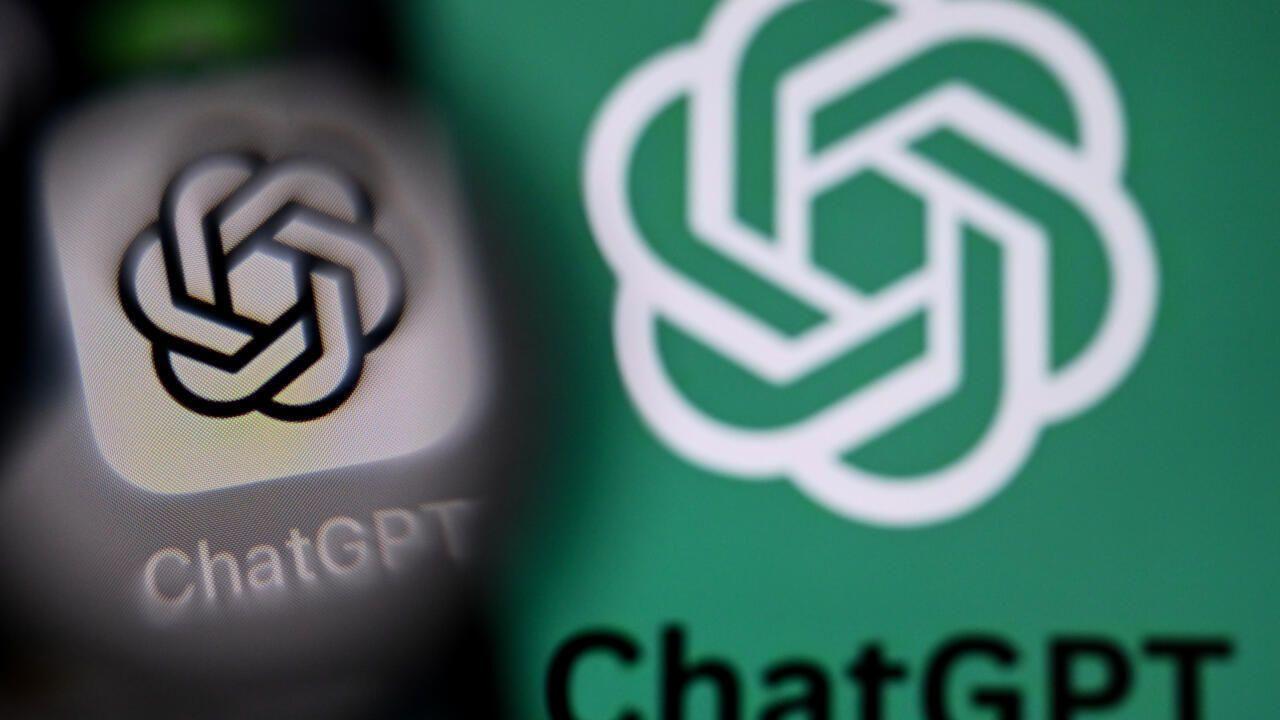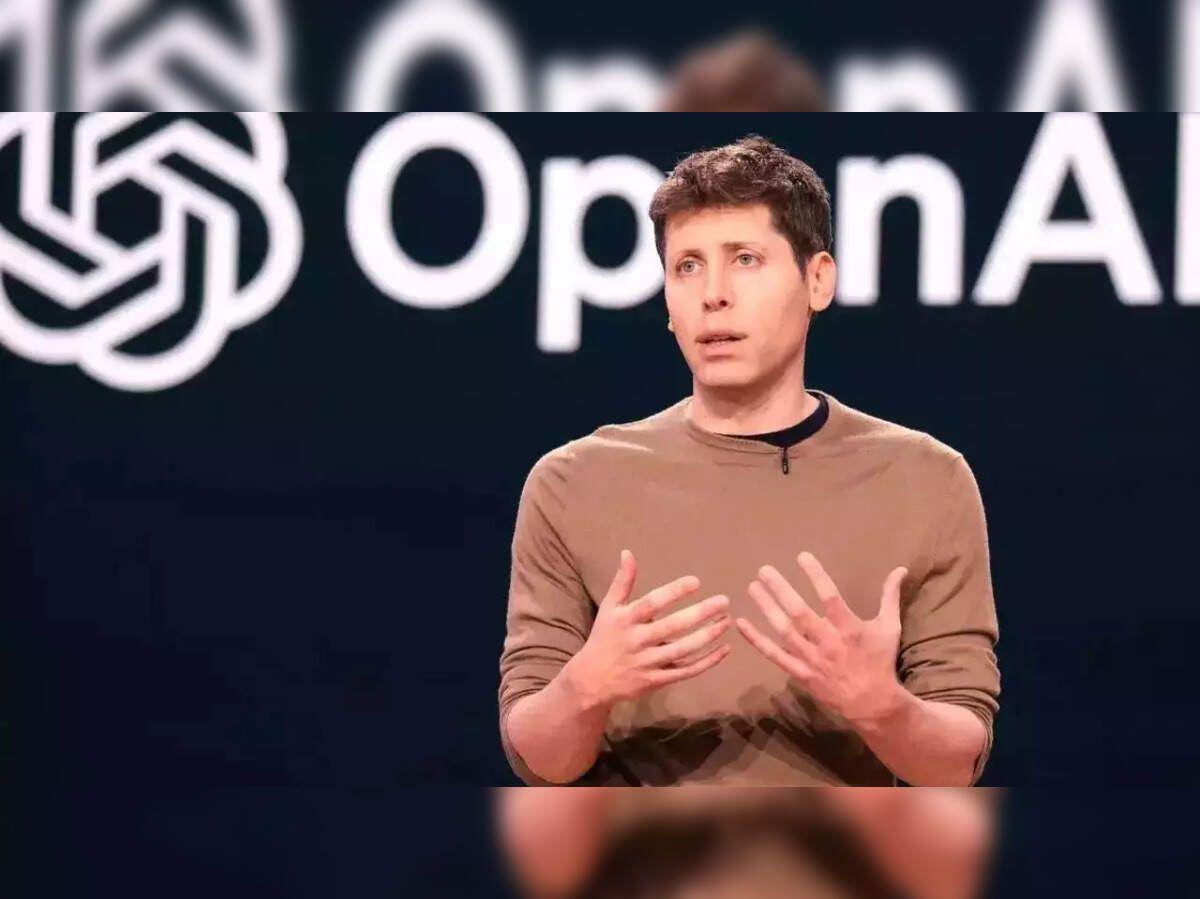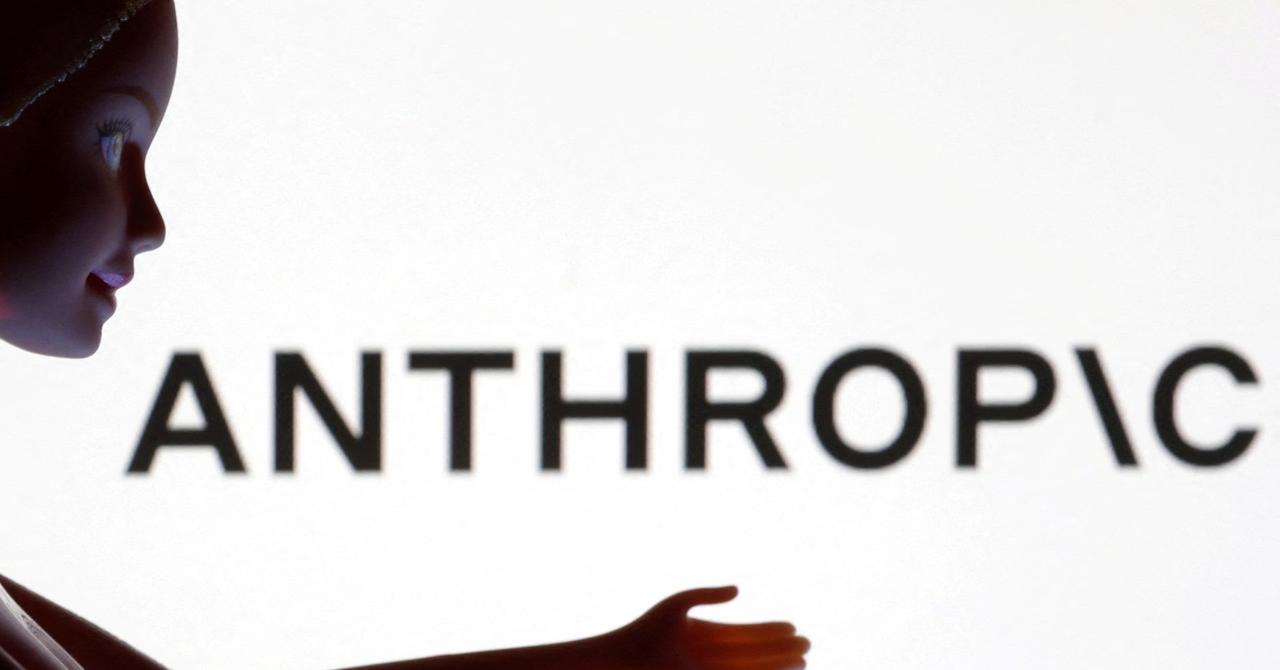German Music Rights Body GEMA Sues OpenAI for Copyright Infringement
3 Sources
3 Sources
[1]
German music body sues OpenAI alleging copyright breaches
A German music rights body is suing OpenAI for copyright infringement, claiming the US tech giant's AI systems reproduced several artists' lyrics without permission, a court heard Monday. It is the latest court case that OpenAI has faced, with media groups and authors among those claiming that the company's ChatGPT chatbot has been trained on their work without permission. The music rights organization GEMA claimed that OpenAI had "systematically" used its repertoire to train its artificial intelligence models, according to a statement from a regional Munich court which is hearing the case. GEMA -- which has more than 100,000 composers, songwriters and publishers as members -- is representing lyricists of nine German songs in the case, and is seeking unspecified damages. The court said it was "undisputed" that OpenAI's large language model was trained with the lyrics from the songs. In response to simple prompts, its chatbot reproduced "large parts of the song lyrics faithfully", it said. According to GEMA, this proves the lyrics are memorized in OpenAI's large language model, which it uses to train its chatbot. GEMA believes this means copyright has been infringed as permission was not first sought to use the lyrics, the court said. OpenAI disagrees however, according to the court. The company says its large language models do not store or copy specific data but rather reflect in their settings what they have learned, according to the court. With regard to the AI chatbot, it is users who are the producers of its output and are responsible for it, OpenAI claims. The Munich court will rule on the case on November 11.
[2]
German music body sues OpenAI alleging copyright breaches
Munich (Germany) (AFP) - A German music rights body is suing OpenAI for copyright infringement, claiming the US tech giant's AI systems reproduced several artists' lyrics without permission, a court heard Monday. It is the latest court case that OpenAI has faced, with media groups and authors among those claiming that the company's ChatGPT chatbot has been trained on their work without permission. The music rights organisation GEMA claimed that OpenAI had "systematically" used its repertoire to train its artificial intelligence models, according to a statement from a regional Munich court which is hearing the case. GEMA -- which has more than 100,000 composers, songwriters and publishers as members -- is representing lyricists of nine German songs in the case, and is seeking unspecified damages. The court said it was "undisputed" that OpenAI's large language model was trained with the lyrics from the songs. In response to simple prompts, its chatbot reproduced "large parts of the song lyrics faithfully", it said. According to GEMA, this proves the lyrics are memorised in OpenAI's large language model, which it uses to train its chatbot. GEMA believes this means copyright has been infringed as permission was not first sought to use the lyrics, the court said. OpenAI disagrees however, according to the court. The company says its large language models do not store or copy specific data but rather reflect in their settings what they have learnt, according to the court. With regard to the AI chatbot, it is users who are the producers of its output and are responsible for it, OpenAI claims. The Munich court will rule on the case on November 11.
[3]
German music body sues OpenAI alleging copyright breaches - The Economic Times
A German music rights body is suing OpenAI for copyright infringement, claiming the US tech giant's AI systems reproduced several artists' lyrics without permission, a court heard Monday. GEMA believes this means copyright has been infringed as permission was not first sought to use the lyrics, the court said.A German music rights body is suing OpenAI for copyright infringement, claiming the US tech giant's AI systems reproduced several artists' lyrics without permission, a court heard Monday. It is the latest court case that OpenAI has faced, with media groups and authors among those claiming that the company's ChatGPT chatbot has been trained on their work without permission. The music rights organisation GEMA claimed that OpenAI had "systematically" used its repertoire to train its artificial intelligence models, according to a statement from a regional Munich court which is hearing the case. GEMA -- which has more than 100,000 composers, songwriters and publishers as members -- is representing lyricists of nine German songs in the case, and is seeking unspecified damages. The court said it was "undisputed" that OpenAI's large language model was trained with the lyrics from the songs. In response to simple prompts, its chatbot reproduced "large parts of the song lyrics faithfully", it said. According to GEMA, this proves the lyrics are memorised in OpenAI's large language model, which it uses to train its chatbot. GEMA believes this means copyright has been infringed as permission was not first sought to use the lyrics, the court said. OpenAI disagrees however, according to the court. The company says its large language models do not store or copy specific data but rather reflect in their settings what they have learnt, according to the court. With regard to the AI chatbot, it is users who are the producers of its output and are responsible for it, OpenAI claims. The Munich court will rule on the case on November 11.
Share
Share
Copy Link
GEMA, a German music rights organization, has filed a lawsuit against OpenAI, alleging copyright infringement. The case centers on the unauthorized use of song lyrics in AI training and reproduction by ChatGPT.
German Music Rights Body Takes on AI Giant
In a significant legal challenge to the rapidly evolving field of artificial intelligence, GEMA, a prominent German music rights organization, has filed a lawsuit against OpenAI, the creator of ChatGPT, alleging copyright infringement
1
. The case, which is being heard in a regional Munich court, marks the latest in a series of legal battles faced by OpenAI, as various media groups and authors claim their work has been used without permission to train AI models2
.
Source: Tech Xplore
The Crux of the Lawsuit
GEMA, representing over 100,000 composers, songwriters, and publishers, asserts that OpenAI has "systematically" utilized its repertoire to train its AI models without obtaining the necessary permissions
3
. The organization is specifically representing the lyricists of nine German songs in this case and is seeking unspecified damages.Evidence and Arguments
The court has acknowledged that it is "undisputed" that OpenAI's large language model was trained using lyrics from the songs in question
1
. GEMA's argument is bolstered by the fact that ChatGPT, when given simple prompts, can reproduce "large parts of the song lyrics faithfully"2
.
Source: France 24
GEMA contends that this reproduction demonstrates that the lyrics are memorized within OpenAI's large language model, which forms the basis of their chatbot. Consequently, GEMA argues that this constitutes a copyright infringement, as permission was not sought to use the lyrics in this manner
3
.Related Stories
OpenAI's Defense
OpenAI, however, presents a different perspective on the matter. The company argues that its large language models do not store or copy specific data. Instead, they claim that the models reflect in their settings what they have learned during the training process
1
.
Source: ET
Furthermore, OpenAI asserts that with regard to the AI chatbot, it is the users who are the producers of its output and should be held responsible for it
2
. This argument raises interesting questions about the nature of AI-generated content and the attribution of responsibility in such cases.Implications and Future Outlook
The outcome of this case, scheduled for November 11, could have far-reaching implications for the AI industry and copyright law
3
. It may set a precedent for how AI companies can use copyrighted material in training their models and could potentially reshape the landscape of AI development and deployment.References
Summarized by
Navi
[1]
Related Stories
German Court Rules OpenAI Violated Copyright Law in Landmark European AI Decision
11 Nov 2025•Policy and Regulation

Indian Music Labels Join Copyright Lawsuit Against OpenAI, Challenging AI Training Practices
14 Feb 2025•Policy and Regulation

Anthropic Wins Early Round in AI Copyright Case Against Music Publishers
26 Mar 2025•Policy and Regulation

Recent Highlights
1
Pentagon threatens Anthropic with Defense Production Act over AI military use restrictions
Policy and Regulation

2
Google Gemini 3.1 Pro doubles reasoning score, beats rivals in key AI benchmarks
Technology

3
Anthropic accuses Chinese AI labs of stealing Claude through 24,000 fake accounts
Policy and Regulation





